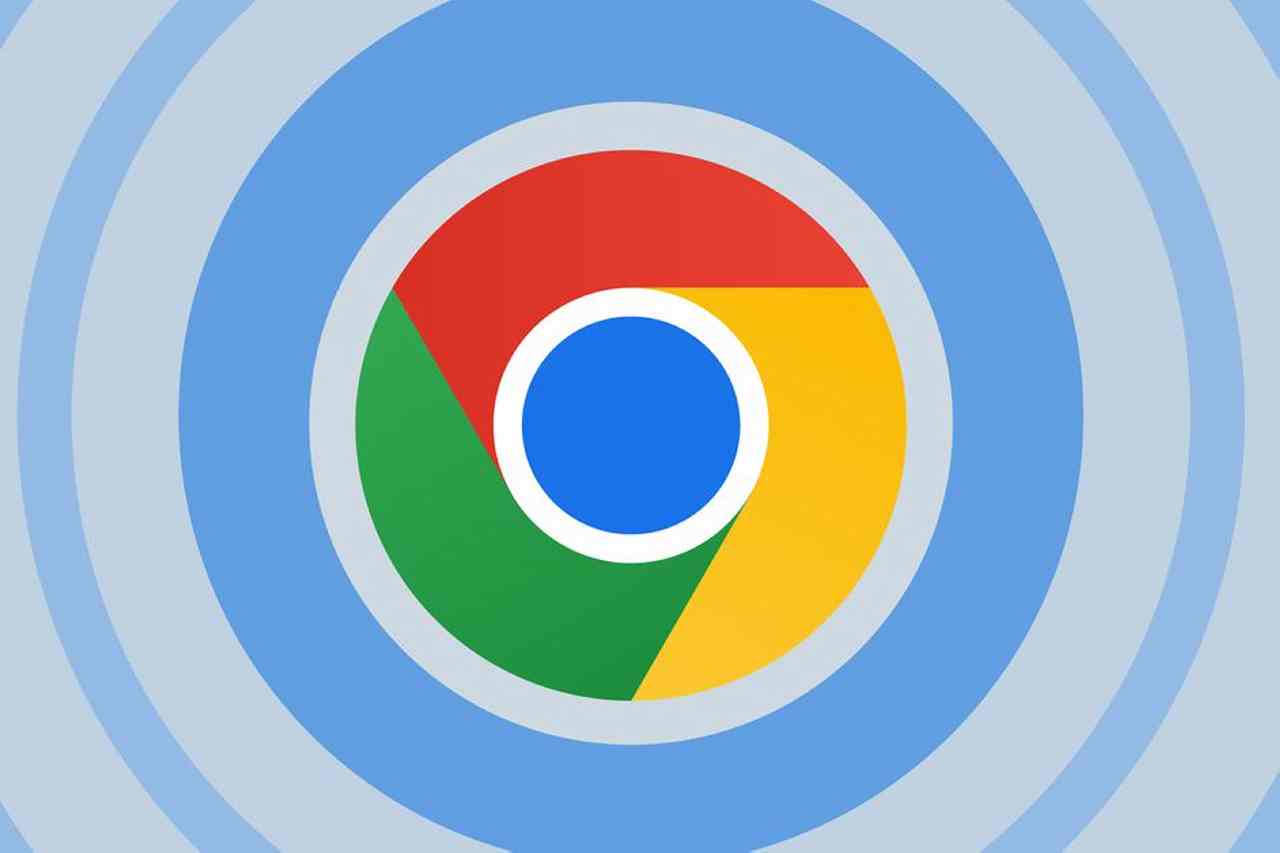Google Chrome will now verify for typos in your URLs and show recommended web sites based mostly on what it thinks you meant. The corporate introduced the change as half of a bigger accessibility replace and says the function will come to desktop first earlier than arriving on cellular within the “coming months.”
I’m not seeing the function on Chrome on macOS simply but, however it looks like a useful instrument to be sure you’re attending to the fitting web sites (and never these questionable ones you usually land on while you misspell the identify of a preferred web site).
Moreover, Google revealed a couple of updates to its Reside Caption function that transcribes what somebody’s saying in actual time. Now, you’ll be capable to sort a response throughout a cellphone name and have it learn aloud to your caller. Whereas this function is coming to the “newest” Pixel units first, it would arrive on older Pixel telephones and different Android units in a while. Google’s additionally rolling out an optimized captions field on Android tablets and can add Reside Caption help for French, Italian, and German on the Pixel 4 and 5 in addition to different Android units.
There’s one other helpful replace coming to Google Maps that makes its wheelchair-accessible icon seen to everybody. This beforehand wasn’t the case, as you needed to choose in to Maps’ Accessible Locations function with the intention to see whether or not a spot had a step-free entrance.
Lastly, Google introduced a closed beta for a few new options inside its Lookout app for customers who’re blind or have low imaginative and prescient. The AI-powered app can now course of and generate descriptions of photographs no matter whether or not or not they’ve alt textual content or captions. Customers can then ask additional questions on these photographs, which the app will try and reply utilizing a sophisticated visible language mannequin from Google DeepMind.













